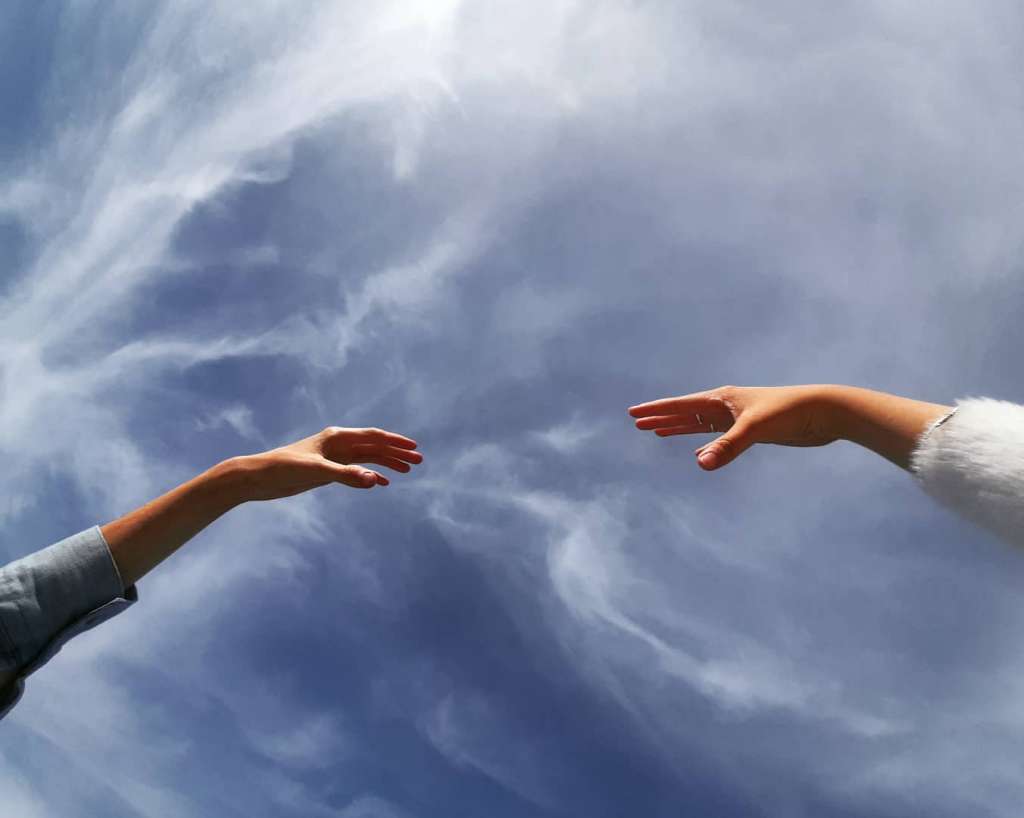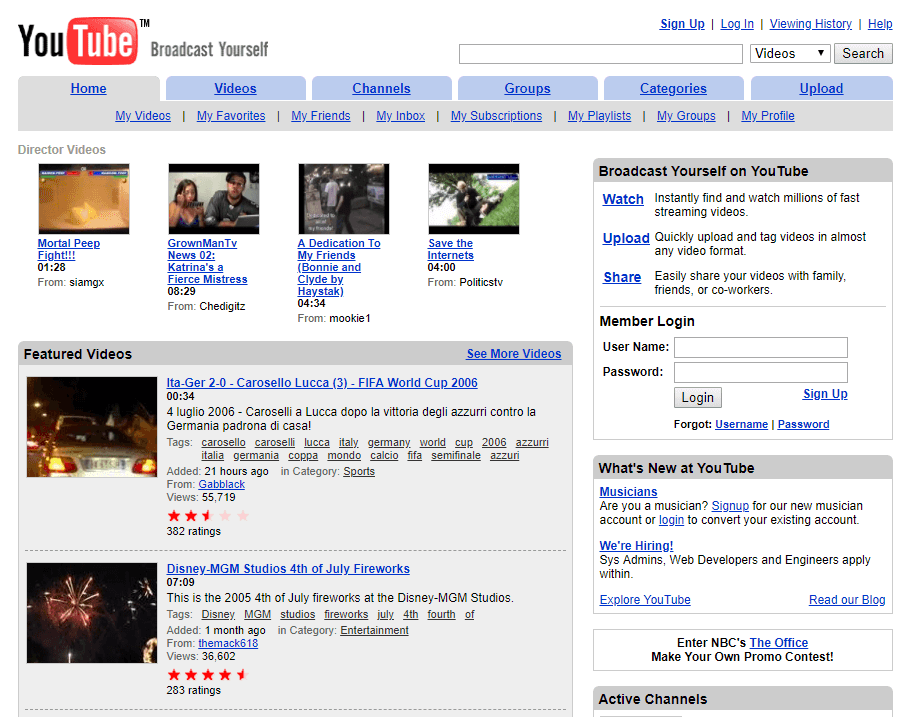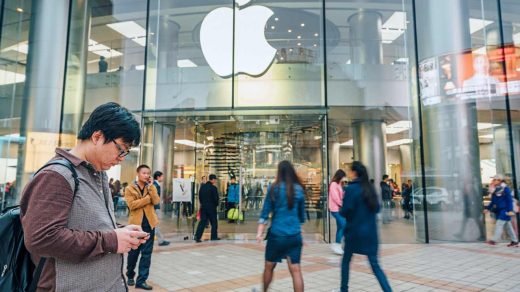today we will be talking about
l-o-v-e
L is for the way you look at me
O is for the only one I see
V is very, very extraordinary
E is even more than anyone that you adore and
L-O-V-E, Nat King Cole

Currently, if one opens the news or watches television, the world’s current state does not seem very charming. We are faced with a lot of problems and crises at once, and as I could surely and will in my later blogs dive deeper into global issues and their connection to digital media, I decided to try to brighten someone’s day by choosing a different topic, one that might seem completely out of context and that is LOVE. Do not click away immediately, as this will not be about mine or anyone’s romantic love story, but it will simply be a reflection of what love can be in the digital era.
Love is one of the most, if not the most written about, researched on and questioned concepts in the world. For centuries, we have been trying to define this particularly subjective and individual feeling called love, of being in love, but we have failed to find an universal definition of what it really is.
Love is all around us, in books, in movies, commercials, gift cards, sitcoms, and it surely is present at the dinner table at Christmas when your relatives ask you how your love life is.
But what shape does love take in the virtual space? Can we still dream of a Jane Austen-ish romance or has our understanding of classical love, flowers, and chocolates mutated into something completely different, a world in which swiping is the new shy hello and dm ing equals a handwritten love letter with some flower petals? Maybe I am a hopeless and somewhat traditional romantic, that believes in the physical presence that there is to love. Nevertheless, I still believe that from an observative point of view, understanding what digitalization does to love and how it can alternate our encounter with romance is a very interesting question to ask.
So I wrote some thoughts down and convinced my roommate to do a small informal interview with me reflecting on her experiences using the world-known dating app Tinder, how it has impacted her overall understanding of l-o-v-e, and connecting it to dating during the current global pandemic.
The interview
For the general understanding, D stands for me: Domnica and R for my lovely roommate.
D: You said that by using Tinder one can learn about oneself. What do you think is the difference between exposing oneself online versus in real life?
R: Online dating (referring to Tinder) is at first based solely on the visual appearance, sadly. You first show your appearance, but then you get to show your personality as the conversation unfolds and you eventually you meet. I see this experience as exploring also my personality. You meet so many different people.
D: So dating digitally enlarges your circle?
R: Yes, yes. You can find different approaches to different people. In real life, you have your friends friends, a more limited circle. When dating online, you have no expectations at all, because you meet the person for the first time.
D: So would you say that this approach to romance, first texting and in the end agreeing to meet a complete stranger can develop your social skills?
R: Yes, I do.
D: What do you think does this digital interaction mean for our overall social interaction? How do you think making such a private experience, that of love, digital can affect us?
R: I think it can make us less attentive and more superficial. Since the app is based on the concept of swiping first, once you do want to approach someone in real life first, in a cafe for example, it might be more difficult, you judge more quickly.
D: So you think online people do not have a barrier, which could potentially lead to a more authentic love?
R: Online people do not have a barrier, yes in some ways. I feel like in general, it is so much easier to approach a person online. It is a safe space but at the same time you never actually truly know the person until you meet in real life.
D: Do you believe in what I like to call communicative numbness? Since we reduce so much of our expression and general communication in the digital sphere, that one could assume people unlearn how to verbalize their thought and emotions in real life. What do you think, seeing that you have experienced both the digital, as well as the in real life dating experience?
R: Definitely. As I said before when texting you are so confident, as you can say what you want. Maybe Tinder then creates a false image of the person you are texting, but then again the before conversation can stimulate the dialogue on a first date. It also can stimulate superficial behavior. It encourages to judge someone solely based on their appearances, as we swipe right or left.
D: Do you think digitalisation kills romance?
R: Sigh Yes…I think it does. It makes us superficial in a way. But what I am more concerned about it how important physical presence is in love. At some point you will have to meet. For me, it is still weird to imagine that you think you are certain you have found the one, without ever meeting them in real life, as there are so many other factors, such as body language, which get muted online.
Side note: Here I would like to further think about whether we do or we do not need the physical presence of someone to feel loved? Can we truly fall in love with someone simply through phone calls or texts? A compelling and thought stimulating movie, which points out exactly these questions is Her, published in 2013. In the movie, the main actor falls in love with an artificial intelligence operating system: Samantha. Give it a try.
D: With the current situation, considering Corona and seeing the enormous shift to digitalization in any aspect of our lives, what do you think this could mean for romance?
R: Romance is not dead, but it is changing. We are moving towards online dates, we have facetime, tinder. It is convenient, especially now. I do not think digital dating kills romance, but it changes its understanding and perception.
Maybe digitalization only enhances romance, as our pace of life, our current living situation, and social interactions are constantly changing, so having something to come back to, something that simply requires the internet, yet ensures a connection between two individuals, could also be viewed as something beautiful, in its strangeness. What do you think?
To conclude, whether love is online, in the form of exchange of messages or through pigeons bearing notes written in candle light, its essence of being the strongest feeling and surely the most undescribable in the world will transcend to any shape it might take.
How do you think will the future of love will look like? Do you think digitalisation is more of a blessing or not?
Who knows, maybe in a few years my roommate will invite me to her wedding, reminding me that her husband is: that guy from Tinder, do you remember? 🙂




Great article! It is a very interesting phenomenon to see that Gen-Z onwards has quickly adapted to digital romance when I assume this would have been an absurd concept not too many decades ago. Although it has broadened horizons for many, particularely those who may be less enthusiastic for face to face meetings with people, where do you think such services will be in the era of pandemics? Do you think they will become an indispensable service of primary contact to others we connect with outside of our circles?
Thanks Akif! Just like you, I thought that the usage of digital platforms for romance was absurd at first, but now my perception of the whole concept is changing (and a big factor for that is the current situation with the COVID virus). I think now more than ever these apps show why they are such an innovative tool when it comes to dating. Also safety wise…you do not have to go anywhere if you do not want to, you can face time and many apps have introduced a profile check feature, which we do not have in real life until we end up meeting the person face to face. I am not sure if I have a definite answer to your questions…who can tell right? I think it also depends a lot on how the global crisis we are in will develop. Maybe once the pandemic passes or at least slowly degenerates (fingers crossed), people will crave social interaction again (on all fronts) or maybe it will be exactly the other way around…that we are too used to digital interaction and people have unlearned face to face communication. I am not sure which one of these scenarios is more likely to happen, but I do hope that humanity is still more inclined to follow the first one 🙂
What do you think?
Great article.
I enjoyed how your own view on the topic evolved throughout the blog (through the interview with your roomate).
I personally believe that digitalization will gradually “infiltrate” all aspects of our lives, including our love lives. Digital communication even before Tinder has influenced the way we perceive others, but you are right in seeing Tinder as the next step towards the digitalization of our love life. I, at this point do not necessarily see immidiate, negative effects of this, but I think it is important to regard the terms and conditions for using apps like Tinder. They always use your position, and I guess they monitor lots of other activity data (like how long you look at a certain profile, with specific attributes) while you are using the application. This would, at least for me, be a reason to scrutinize the terms for using Tinder, and what this (sensitive) data is used for.
I’m following a course right now on the Philosophy of Love so this was a very interesting perspective! I do agree with your friend that Tinder motivates you to be superficial, but that might be a part of dating. I know the common advice is just “to be yourself” when going on date, but from what I gather, there will always be a bit of a performance to be more attractive (if you’re trying to convince the other to like you.) I think Tinder just exaggerates this effect. Furthermore, because Tinder is a numbers game, you’re really trying to get biggest catch so your chance at *love* is the largest. So on your profile you need to be both relatable – enjoy something popular, like the Office or Marvel – while also seeming unique, to differentiate you from the rest of the pack. However, I think this leads to an inauthentic performance as you’re trying to appeal to people, rather than just be yourself. I’ve got friends who got significant others through Tinder, so I do not doubt the fact that it can work, but I’m curious if it works for everyone in terms of being able to perform the right steps to be successful at tinder. So, at least I hope, that Love will not be dominated by the digital – because I don’t think its working for everyone.